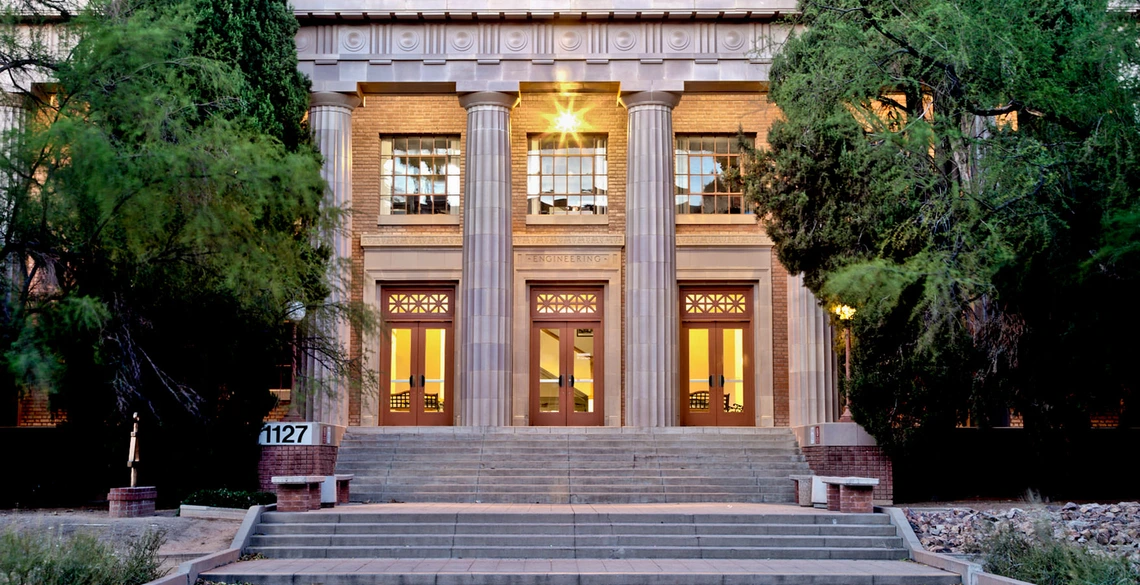Nine Outstanding UA Engineering Faculty Recognized
Dean says awards recognize strong achievement by outstanding faculty and improve morale.

No description provided
Nine University of Arizona faculty members with outstanding records in engineering research were selected for UA College of Engineering fellowships this week.
Recognized faculty members were nominated by their department heads for overall performance in key engineering research areas. UA engineering faculty fellows were then selected by the dean and approved by the college faculty advisory committee.
The UA College of Engineering faculty fellows in research for 2011 are:
- Erdogan Madenci, aerospace engineering professor (3-year award)
- Young-Jun Son, systems and industrial engineering professor (3-year award)
- Marwan Krunz, electrical and computer engineering professor (3-year award)
- Reyes Sierra, chemical and environmental engineering professor (2-year award)
- Pak Wong, aerospace and mechanical engineering associate professor (2-year award)
- Sean Dessureault, mining and geological engineering associate professor (2-year award)
- Mark Hickman, civil engineering and engineering mechanics associate professor (1-year award)
- Marek Romanowski, biomedical engineering associate professor (1-year award)
- Pierre Lucas, materials science and engineering associate professor (1-year award)
The recognition comes with salary bonus for the length of the award, from one to three years. Three new faculty fellowships will be selected each year by the college beginning spring 2012.
"These awards are recognition of strong achievement for some of our outstanding faculty," said Jeff Goldberg, dean of the UA College of Engineering. "This is truly a college-wide effort, where everyone felt that such a program would improve morale for faculty that we want to retain and support."
These new fellows were selected for their research in engineering disciplines regarded as critical to achieving the UA College of Engineering’s mission of improving the quality of life through excellence in education and research. Specifically, these research focuses include:
- Biomedical engineering - both nanomedicine and imaging
- Information communication
- Optical materials
- Mine operations and information systems
- Aerospace materials and structures
- System simulation and modeling
- Transportation systems
- Sustainability and the environment.
"Fabulous group in our key research areas," Goldberg said of the fellowship awardees via Twitter in a posting dated Aug. 28. Goldberg also posted that he would soon announce college fellowships that recognized excellence in teaching. Dean Jeff Goldberg can be followed on Twitter at @UA_ENGR_Jeff_G

